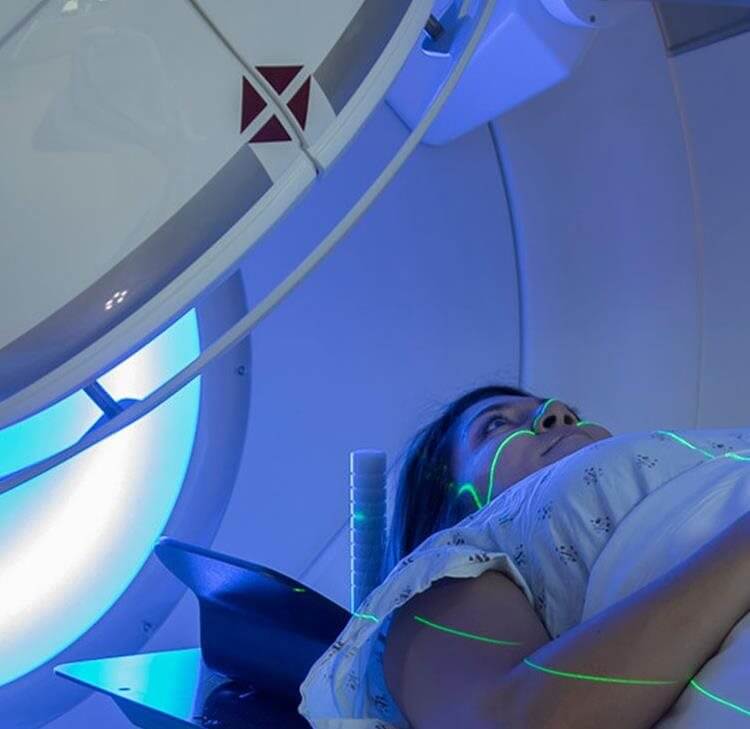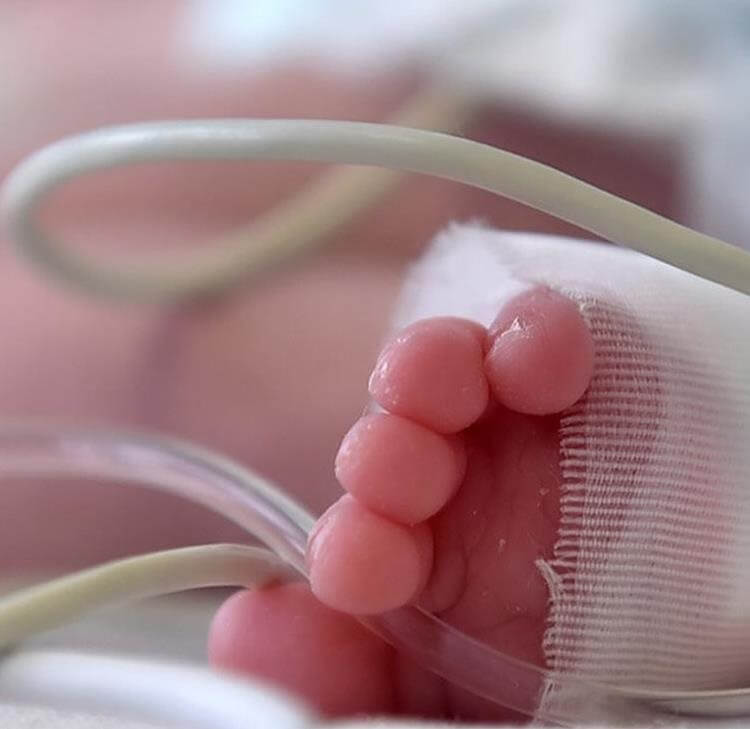Integration and innovation - improving standards for investigations into safety incidents
This article looks at the proposal to establish a new independent body, the Health Service Safety Investigations Body (HSSIB) to investigate incidents which have or may have implications for patient safety.
As part of a range of measures designed to contribute to improving quality and safety in the NHS, the 'Integration and innovation: working together to improve health and social care for all' White Paper proposes the establishment of a new independent body, the Health Service Safety Investigations Body (HSSIB) to investigate incidents which have or may have implications for patient safety.
The proposals build on plans initially set out in the Health Service Safety Investigation Bill (HSSI), which was introduced in October 2019, to put the Healthcare Safety Investigation Branch (HSIB), on a statutory footing.
Since it was established in April 2017, HSIB has been part of NHS Improvement but the White paper sets out proposals to establish HSSIB as an Executive Non-Departmental Public Body on the basis that its independence is seen as crucial to ensure that patients, families and staff have trust in its processes and judgements.
The White Paper also includes proposals for:
- A plan to extend HSSIB’s remit to cover healthcare provided in and by the independent sector.
- A ‘safe space’
- A prohibition on disclosure of information held by the HSSIB in connection with its investigatory function ‘save in limited circumstances set out in the bill’.
- A regulation-making power allowing Secretary of State to set out additional circumstances when the prohibition on disclosure (safe space) does not apply.
The concept of a ‘safe space’ whereby participants to an investigation can provide information to HSSIB in confidence and therefore feel able to speak openly and candidly is controversial. Whilst it is seen by many as fundamental to the effectiveness of HSSIB, concerns have previously been raised about the potential adverse effect on transparency and trust if information obtained during investigations is not shared openly.
- HSSIB to be tasked with providing advice, guidance and training to organisations to encourage the spread of a culture of learning within the NHS, promoting better standards for local investigations and improving their quality and effectiveness.
- A power to enable the Secretary of State for Health and Social Care to require the HSSIB to investigate particular qualifying incidents or groups of qualifying incidents – although it is not yet clear what these ‘qualifying incidents’ will be.
Comment
These proposals are an important strand of various wider initiatives which seek to improve the quality of incident investigation and learning in the NHS. In this respect, the National Patient Safety Strategy (2019) highlighted the ‘significant insight into the system-level causes of harm’ which HSIB currently provides.
The White Paper makes it clear that this expertise is a critical element to facilitate effective learning and improvements in patient safety. However, we will need to await publication of the bill for more details of the proposals and those relating to the creation of a ‘safe space’ for HSSIB investigations are likely to attract considerable scrutiny and debate.
Contact

Amelia Newbold
Risk Management Lead
Amelia.Newbold@brownejacobson.com
+44 (0)115 908 4856
You may be interested in...
Opinion - Maternity services
University Hospital Leicester hold their inaugural Maternity Safety Conference
In Person Event
Navigating your way through high profile sensitive reviews and investigations
Opinion
Junior doctors vote unanimously in favour of strike action
Opinion
Can toilet facilities amount to sex discrimination?
Published Article
Digital Twin Technologies: key legal contractual considerations
Opinion
Consultation launched on minimum ambulance service levels during strike action
Opinion - Maternity services
Changes to redundancy protections for employees post-maternity leave
Legal Update - Shared Insights
Shared Insights: Coroners’ Question Time
Press Release - Careers
Browne Jacobson health lawyer wins major accolade at Made in Manchester Awards
Opinion
BMA issues medical locum rate card for junior doctors
Legal Update
Employee who refused to wear a face mask fairly dismissed
Opinion
New toolkit to support safer recruitment in the care sector
Legal Update
Green Leases for the NHS
Guide
Government response to the consultation on the Higher-Risk Buildings Regulations
Published Article
The first 100 days for Integrated Care Boards
Opinion
Menopause and the workplace
On-Demand
Future of Care - Retirement Living webinar
In Person Event
Independent Healthcare In-House Lawyers Forum
Opinion
Government introduces new “anti-striking laws” to be discussed in Parliament
Press Release - Maternity services
Father Christmas comes to University Hospital Coventry and Warwickshire care of Browne Jacobson’s Birmingham Office Community Action Group
Opinion - Maternity services
The Patient Safety Incident Response Framework (PSIRF) and its impact on maternity services
Legal Update - Shared Insights
Shared Insights: Looking ahead to 2023 – what Health and Care employers need to know
Opinion
Coroner’s refusal to issue a Prevention of Future Deaths Report following death in prison custody inquest was lawful
Article
Mental health, eating disorders and placement of young people
Legal Update
LPS consultation and ‘go live’ planning
Opinion
Consultation launched on plans to amend NHS pension rules to bolster NHS workforce
Legal Update
Getting ready to face Industrial Action
Legal Update - Shared Insights
Shared Insights: Prolonged disorders of consciousness
Published Article
How AI and technology can transform the healthcare sector
On-Demand
The UK's green agenda - the outcomes of COP27 and actions since COP26
On-Demand
Insights from the Chief Coroner by His Honour Judge Thomas Teague, KC
Opinion
BMA advises consultants not to accept less than the BMA minimum rate card for extra-contractual work
The BMA is advising all NHS / HSCNI consultants to ensure extra-contractual work is paid at the BMA minimum recommended rate and to decline offers of extra-contractual work that doesn't value them appropriately.
On-Demand
Leadership and lessons learnt during the Pandemic by Professor Jonathan Van-Tam
Published Article
Local authority duties: Up in the air
In ‘failure to remove’ claims, the claimant alleges abuse in the family home and asserts that the local authority should have known about the abuse and/or that they should have removed the claimant from the family home and into care earlier.
Legal Update - Shared Insights
Shared Insights: The Patient Safety Incident Response Framework
Guide - Maternity services
Mediation guide for Clinicians: What do you need to know and how do you need to prepare
Opinion
NHS England – Updated Transaction Guidance
NHS England has published (October 2022) new guidance - Assuring and supporting complex change: Statutory transactions, including mergers and acquisitions.
Opinion
NHS England – Assuring and supporting complex change
NHS England has issued an updated (publication 11 October 2022) suite of Complex Change guidance about how it will assure and support proposals for complex change that are reportable to it. New and (where it is still in force) existing Complex Change guidance are as follows.
Legal Update
The Retained EU Law
Created at the end of the Brexit transition period, Retained EU Law is a category of domestic law that consists of EU-derived legislation retained in our domestic legal framework by the European Union (Withdrawal) Act 2018. This was never intended to be a permanent arrangement as parliament promised to deal with retained EU law through the Retained EU Law (Revocation and Reform) Bill (the “Bill”).
Legal Update
Economic crime and cybercrime
It is clear that the digital landscape, often termed cyberspace, is a man-made environment, in which human behaviour dominates and where technology both influences and aids our role in it — through the internet, telecoms and networked computer systems, which are often interdependent. The extent to which any organisation is potentially vulnerable to cyber-attack depends on how well these elements are aligned.























